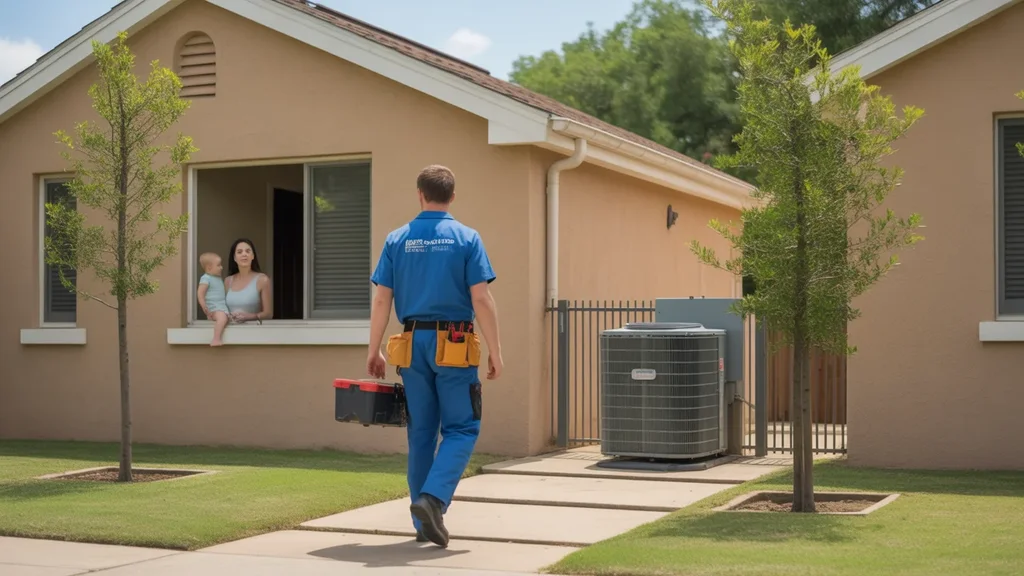Understanding Utilities in Irving
Here’s what typical utility costs look like in Irving. For most households, monthly utilities include electricity, water, trash, natural gas, and recycling. The average household spends $200–$300 per month on utilities cost in Irving, though this can vary significantly based on home size, season, and usage patterns.
Electricity and natural gas are often the biggest drivers of utility costs in Irving, especially for cooling and heating. Water and trash fees are usually more stable but can still add $50+ to monthly totals. It’s important to factor in all of these costs when budgeting for housing in Irving.
Table: Monthly Utility Estimates
Wondering how much your monthly bills might run? Here’s a quick breakdown for a typical home in Irving:
| Utility | Estimated Monthly Cost |
|---|---|
| Electricity | $100-$200 |
| Water | $30-$60 |
| Natural Gas | $20-$50 |
| Trash & Recycling | $20-$40 |
| Total | $170-$350 |
Estimates reflect a mid-size household in a single-family home. Your actual costs may be higher or lower depending on your specific usage, home efficiency, and billing plan. But this gives a general sense of what to expect for utilities in Irving.

Seasonal Utility Changes in Irving
Utility costs in Irving can swing significantly between summer and winter due to seasonal changes in energy usage. Air conditioning is the biggest factor, often causing electric bills to double or even triple during the peak of summer compared to milder months. For example, a typical electric bill in Irving might run $75 in April but spike to $200+ in July and August.
Heating can also drive up natural gas bills in the winter, though the effect is usually less dramatic than summer cooling. Still, gas bills often rise 20-50% in December and January compared to autumn or spring. All in all, it’s important to budget for higher utility costs during Irving’s more extreme weather.
How to Save on Utilities in Irving
Looking to trim your utility bills in Irving? Here are a few ways to save:
- Sign up for off-peak billing programs to get cheaper electricity rates at night and on weekends
- Take advantage of solar panel incentives to generate your own clean, affordable energy
- Install a smart thermostat to optimize your heating and cooling schedule
- Plant shade trees near your home to reduce cooling needs in the summer
- Upgrade to energy-efficient appliances, especially for air conditioning units
🏆 Tip: Check if your utility provider offers rebates for energy-efficient AC units. This can help offset the cost of upgrading to a more efficient system, which can lead to major savings on your summer electric bills in Irving.
FAQs About Utility Costs in Irving
What is the average electric bill in Irving during summer?
Electric bills in Irving typically average $150-$250 per month during the summer, depending on home size and AC usage. Bills often peak in July and August when temperatures are highest.
Do HOAs cover any utilities?
In most cases, no. HOA fees usually cover neighborhood amenities and exterior maintenance but not utilities within the home. However, some condo associations may include water, trash, or other utilities in monthly dues.
Is water more expensive in Irving than nearby cities?
Water costs in Irving are fairly typical for the DFW metro area. Base fees usually run $20-$40 per month, with additional charges based on usage. Some nearby cities like Plano and Richardson may have slightly lower water rates, but the difference is generally modest.
Smarter Utility Planning in Irving
Utility costs are a significant part of living expenses in Irving, so it’s wise to plan ahead. Be aware of how seasonal changes can affect your bills, especially for electricity in the summer. Look for ways to save energy and take advantage of efficiency incentives. And don’t forget to shop around for the best deals on internet and streaming services to keep your total utility costs under control.
By understanding your utility costs and taking proactive steps to manage them, you can keep your household budget on track in Irving. A little planning can go a long way towards more affordable, predictable bills from month to month.
